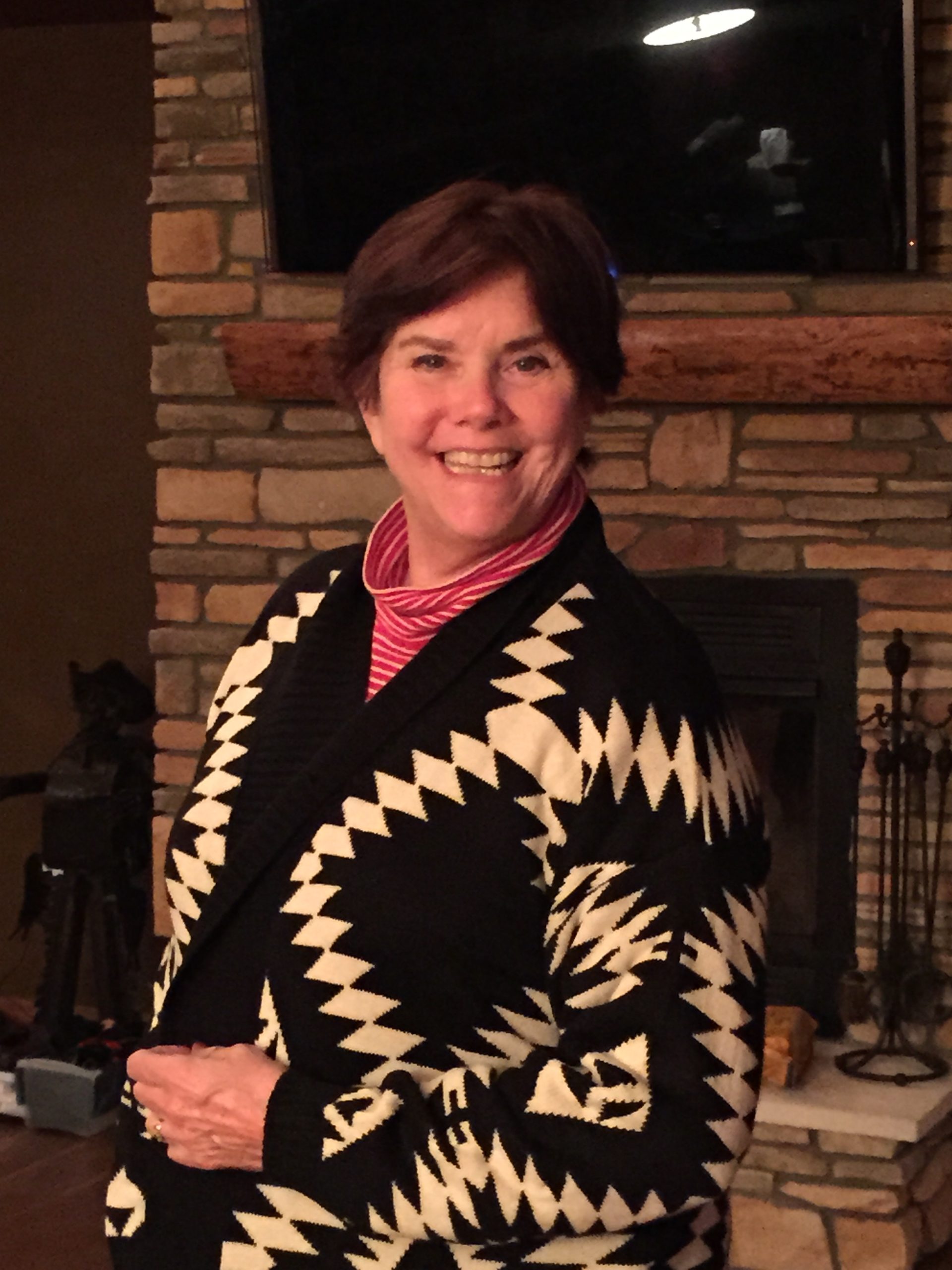I’ve encountered a lot of grief in my life, but it’s always just as horrible when it happens again, and especially when it happens unexpectedly. Sudden, unexpected grief leaves you in shock, like your insides have been gutted, your nerves have been supercharged to numbness, and your life energy has been vacuumed away.
Life seems instantly duller, and you aren’t quite sure how you’re going to go on. Everything—even making decisions—requires more energy, and you find you need to sleep more. If you can sleep. Otherwise you shuffle around in a perennial state of exhaustion.
That’s what happened to me on the afternoon of Sunday, July 19, when I called a local hospital to speak with a friend who was there awaiting heart valve replacement surgery the following day. When I asked to speak with my friend Carmen, the nurse asked me to hold a minute. Then another nurse came on the line and asked how she could help me.
In the pit of my stomach, I knew something was amiss.
When I repeated the same request to her, a pause followed. A long-enough pause to make my heart speed up a little. But then her answer made my heart race and my gut ache. Even while knowing, I hoped it wasn’t true.
“Carmen is no longer a patient in our hospital.”
I was politely told I’d have to contact her family for more information.
Terror and pain assailed my senses as I called her husband and received confirmation of my deepest fear.
My beloved friend had gone into sudden cardiac arrest around 3:00 AM and been given a direct flight to heaven.
The world instantly felt duller without her in it.
So now I’m limping along, trying to follow the playbook and do everything I teach you and my clients to do:
- Lean into my emotions.
- Write those emotions down and try to understand them.
- Get exercise, even though that may the last thing on my mind.
- Eat right, since eating doesn’t sound appealing right now.
- Get plenty of sleep; and take naps when slogging through the afternoon seems an exercise in futility and won’t improve anything anyway.
- Remind myself that staying busy isn’t going to make this better.
- Talk about my loved one with family and friends. (My children have been great, passionate, and sympathetic listeners!)
- Cry on my shoulder or in his arms. He knew her and is missing her too.
- Give listening time to her husband and daughter. Just listen—and reminisce with them.
- Write down what I would have liked to have been better about our friendship, what I would have liked more of; what I would have liked to do and know. What I liked best about our friendship and her.
Reminding myself that my friend confronted a lot of health hurdles, and this one was the latest and worst, helps me rejoice in her leaving us to enjoy her new home, where she is more alive than she’s ever been. And out of pain and sorrow.
But for now, I’m taking my own advice and working through this. To do that means I’m taking a two to three-week hiatus from my blogging. And in that period, my younger son has asked me to accompany him on a brief road trip to collect his new Shetland sheepdog puppy from a farm. I’m looking forward to the trip—to have coveted mother-son time and breathe a little.
But when I return, I’ll be right back here to help others navigate the grief valley and emerge from it recovered, healed, whole and read to thrive again.
Blessings,
Andrea
Aloha, my dear friend.
Until we meet again.

